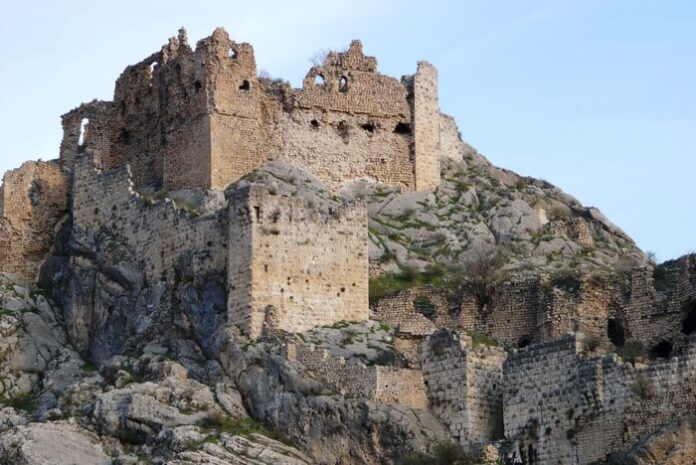Literacy and Schooling
Although Greece has not conducted a recent census, estimates based on young men entering the army suggest that about thirty percent of the rural population is illiterate, while in the towns, illiteracy is closer to fifteen percent. Those who attend school, however, show great eagerness for learning. A boy who completes secondary school is almost always determined to continue to university, where education is free.
Once a student reaches the university level, he must choose a professional career. Farming is physically demanding, and peasant society is considered uncongenial for ambitious young people. Most university students in Athens—numbering over three thousand—come from the peasant class. This has resulted in Greece being oversupplied with lawyers, doctors, and other professionals, many of whom struggle to earn a living because there is little or no parental support Sightseeing Tour Turkey.
Careers and Employment Challenges
Many university graduates turn to politics, seeking positions under the government. Others join the army, take low-paying clerical jobs, or live frugally while waiting for better opportunities. A few emigrate to Turkey or other countries in the Orient, where opportunities are greater. Still, many remain in Athens, and their involvement in politics has sometimes been seen as detrimental to the country because of oversupply in that sector and unemployment among educated youth.
Absence of Begging and Social Welfare
Visitors to Greece are often struck by the absence of beggars. Unlike Italy, Turkey, or Egypt, travelers rarely encounter children or adults begging in the streets. Most poor and infirm people are cared for in hospitals and asylums. Only a few cripples, blind, or elderly women may sit near churches asking for alms.
The Greek people value pride and independence, and they generally avoid begging. At the same time, the more prosperous citizens provide for the poor through charity and philanthropy, a word that originated in Greek culture. Children never run after strangers asking for money, unlike in southern Europe, where ragged and often impudent children persistently pursue travelers. This combination of personal dignity and social support ensures that travelers in Greece enjoy a peaceful and untroubled experience Crime and Prison in Greece.
In summary, while literacy is still developing and unemployment among university graduates is high, Greek society is marked by a strong commitment to education, self-reliance, and social responsibility. Education is highly valued, students are ambitious, and poverty is managed through charity rather than street begging. These cultural traits give Greece a unique character in comparison to other countries of Europe and the Near East.








